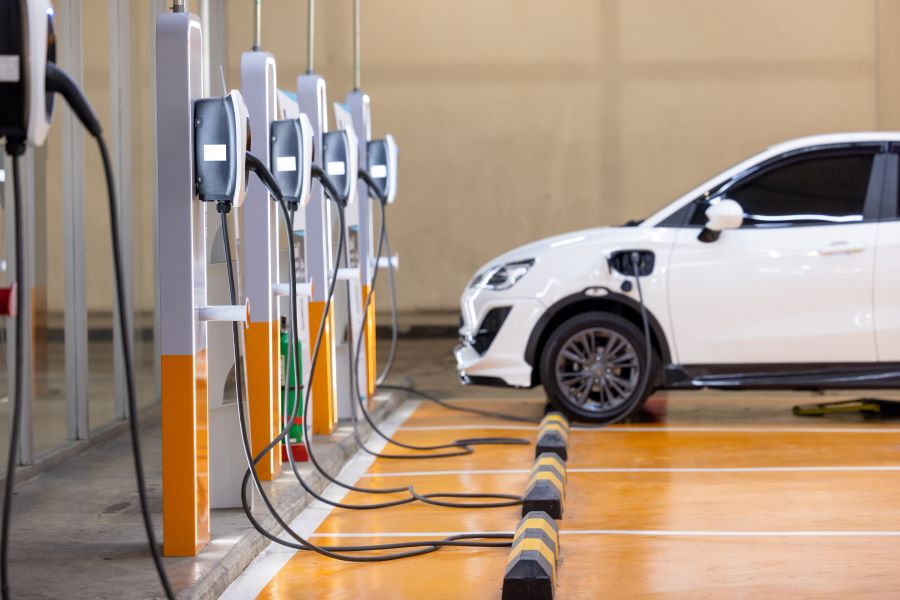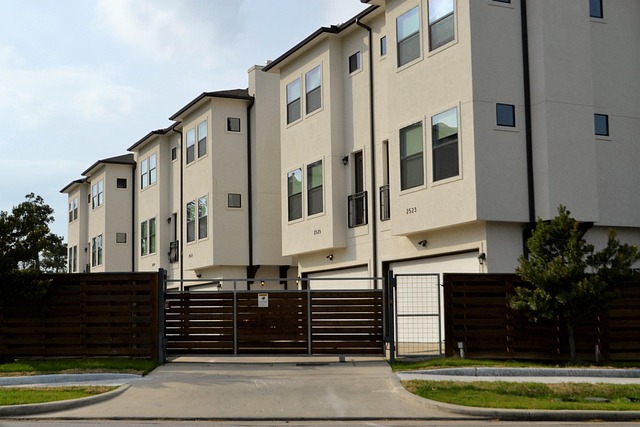Fast charging at home: 11 kW EV wallbox 60 km/h – discover installation companies
Installing a home charging station transforms the electric vehicle ownership experience, offering convenience and cost savings. With an 11 kW wallbox, you can add approximately 60 kilometers of range every hour, significantly reducing charging time compared to standard household outlets. As more UK homeowners transition to electric vehicles, understanding the installation process, costs, and available subsidies becomes essential for making informed decisions.

The shift toward electric vehicles continues to accelerate across the United Kingdom, making home charging infrastructure increasingly important for EV owners. While public charging networks expand, having your own charging station provides unmatched convenience and potentially lower operating costs. A dedicated 11 kW wallbox charger represents a significant upgrade from standard household outlets, delivering faster charging speeds that add approximately 60 kilometers of range per hour of charging. This article explores everything you need to know about installing a home charging station, from technical requirements to finding qualified installation companies.
How to install a charging station at home
Installing an EV charging station at your residence requires careful planning and professional expertise. The process typically begins with an assessment of your property’s electrical capacity. Most UK homes have single-phase power supplies that can support 7 kW chargers, while properties with three-phase connections can accommodate 11 kW units or higher.
Before installation, you’ll need to determine the optimal location for your charging point. Ideally, this should be close to where you park your vehicle, protected from the elements if possible, and accessible to your home’s electrical panel. Many homeowners choose to mount wallboxes on exterior walls or in garages.
Professional installation is strongly recommended and typically required to maintain warranty coverage and ensure compliance with electrical regulations. Certified installers will handle necessary electrical upgrades, obtain permits, and ensure the installation meets all safety standards.
Understanding 11 kW EV chargers and charging speeds
An 11 kW charging station represents a significant step up from standard home charging options. These units deliver approximately 60 kilometers of range per hour of charging, making them an efficient solution for overnight replenishment of your vehicle’s battery. This charging speed means that even larger EV batteries can be fully charged during an overnight period of 6-8 hours.
The technical advantage of 11 kW chargers comes from their three-phase power connection, which delivers more electrical current than standard single-phase systems found in most homes. While many UK residences operate on single-phase power limited to 7 kW charging, properties with three-phase connections can take full advantage of 11 kW capabilities.
It’s important to note that your vehicle must be compatible with 11 kW AC charging to benefit from these faster speeds. Most modern electric vehicles support this charging rate, but some entry-level models may be limited to lower power inputs. Check your vehicle specifications before investing in a higher-powered charging station.
Cost breakdown of charging station with installation
Installing a home charging station involves several cost components, including the hardware itself, installation labor, potential electrical upgrades, and ongoing maintenance. Understanding these expenses helps homeowners budget appropriately for this investment.
The hardware cost for quality 11 kW wallbox chargers typically ranges from £600 to £1,200, depending on features such as smart connectivity, load balancing capabilities, and weather resistance. Basic models provide simple charging functionality, while advanced units offer smartphone integration, energy monitoring, and scheduled charging to take advantage of off-peak electricity rates.
Professional installation costs generally fall between £300 and £800, varying based on complexity. Simple installations where adequate electrical capacity already exists cost less, while homes requiring electrical panel upgrades or extensive cable runs may incur higher expenses.
| Component | Typical Cost Range | Notes |
|---|---|---|
| 11 kW Wallbox Hardware | £600-£1,200 | Higher prices for smart features |
| Standard Installation | £300-£500 | Assuming no major electrical upgrades |
| Complex Installation | £500-£800 | Including panel upgrades or extensive wiring |
| Electrical Survey | £100-£200 | Often required before installation |
| Annual Operating Costs | £20-£50 | Maintenance and software updates |
Prices, rates, or cost estimates mentioned in this article are based on the latest available information but may change over time. Independent research is advised before making financial decisions.
Selecting chargers for electric vehicles for private use
When selecting a charging station for home use, several factors should influence your decision beyond just charging speed. Connectivity features allow integration with home energy systems and enable smart charging during off-peak hours. Weather resistance becomes crucial for outdoor installations, while cable management systems help maintain tidiness and prevent trip hazards.
Some of the most reliable home charging stations available in the UK market include models from established manufacturers such as Zappi, Wallbox, EO, and Pod Point. These companies offer various options catering to different needs and budgets.
The Zappi charger stands out for its ability to integrate with home solar systems, allowing owners to charge their vehicles using self-generated renewable energy. Wallbox’s Pulsar Plus offers compact design with powerful smart features, while Pod Point’s Solo Smart Charger provides reliability with straightforward operation.
For those with multiple EVs or plans to add another in the future, dual-outlet chargers are available, though these typically come at a premium price point. Some systems also offer load balancing to prevent overloading your home’s electrical supply when multiple appliances are running simultaneously.
Available subsidies for EV charging station installation
The UK government has implemented various incentive programs to promote electric vehicle adoption, including subsidies for home charging infrastructure. While the specific programs and amounts change periodically, understanding the available financial support can significantly reduce your installation costs.
The Electric Vehicle Homecharge Scheme (EVHS) was previously the main government grant for residential charging points, offering up to 75% of installation costs (capped at £350). This program has evolved into the EV Chargepoint Grant, which continues to provide financial support but with modified eligibility criteria focusing on renters, leasehold property owners, and those living in flats.
Additionally, some local authorities offer supplementary grants or incentives to encourage EV adoption in their regions. These may include reduced permit costs, additional installation subsidies, or other benefits for residents installing home charging equipment.
Energy companies have also entered this space with special EV tariffs that provide discounted electricity rates during off-peak hours, maximizing the cost benefits of home charging. These tariffs often pair well with smart chargers that can be programmed to operate during these favorable rate periods.
To access available subsidies, you’ll typically need to work with approved installers who handle the application process on your behalf. Always verify that your chosen installation company is certified to process these grants before proceeding with your installation project.
Finding reliable installation companies for your EV charger
Selecting a qualified installation company ensures your charging station will be safely installed and function reliably. The Office for Zero Emission Vehicles (OZEV) maintains a list of approved installers who meet strict technical and safety standards. Working with these certified professionals is often required to access government subsidies.
National providers like British Gas, EDF Energy, and E.ON offer comprehensive installation services with standardized pricing and wide coverage. These larger companies typically provide warranties on both parts and labor, offering peace of mind for homeowners.
Regional specialists may offer more personalized service and potentially more competitive pricing in their areas of operation. Companies such as ChargedEV, Project EV, and Rightcharge have established solid reputations in the home charging installation market.
When evaluating potential installers, consider requesting multiple quotes to compare pricing and service offerings. Ask about their experience with your specific property type, whether they handle any necessary electrical upgrades, and their process for helping you access available subsidies.
Home charging stations represent a significant enhancement to the electric vehicle ownership experience, providing convenience and potential cost savings compared to public charging networks. With the right equipment and professional installation, an 11 kW wallbox charger can deliver approximately 60 kilometers of range per hour, making overnight charging practical for daily use. As the UK continues its transition toward electric mobility, home charging infrastructure will remain a key component of the sustainable transportation ecosystem.




